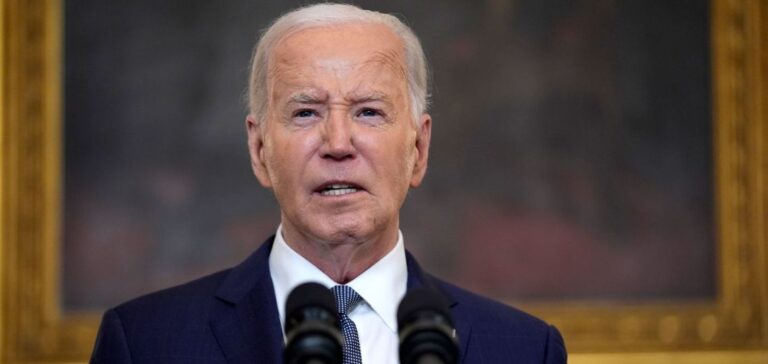The United States Department of Energy (DOE) recently announced the final purchase of 2.4 million barrels of crude oil, marking the completion of the Strategic Petroleum Reserve (SPR) replenishment program initiated under the Biden administration. This purchase concludes efforts to restore reserves after the release of 180 million barrels in 2022, intended to counter energy price hikes following Russia’s invasion of Ukraine.
Since the start of the program, the DOE has acquired a total of 59 million barrels of oil at an average price of $76 per barrel, thereby optimizing the allocated funds for these purchases and achieving a final price of $74.75 per barrel for all transactions. Furthermore, congressionally mandated sales of 140 million barrels were canceled, allowing the DOE to replenish reserves beyond the initially released amounts.
A Criticized but Effective Strategy
Despite criticism directed at the Biden administration, the DOE emphasized the economic efficiency of this strategy for American taxpayers. The 180 million barrels sold in 2022 were released at an average price of $95 per barrel, significantly higher than the recent purchase prices. The U.S. administration also mentioned that these sales helped stabilize fuel prices, preventing an even sharper increase.
Analyses from the Treasury Department also support this approach, estimating that the strategic sales, along with the support of international partners, contributed to a reduction of up to 40 cents per gallon in gasoline prices for American consumers.
The Strategic Reserves, a Political Conflict
However, Biden’s management of the SPR has stirred political tensions. Some Republican lawmakers have accused the White House of compromising national energy security by lowering the emergency reserves volume for short-term political goals. In response, Energy Secretary Jennifer Granholm has stated that the U.S. reserve remains the largest in the world, holding 387.2 million barrels as of November 1, 2023.
When President Biden took office in January 2021, the SPR contained 638 million barrels. This significant reduction in reserves remains a point of contention between Republicans and Democrats, fueling the debate over the energy independence of the United States.
Outlook for the Strategic Reserve after 2025
With the official end of the replenishment program, no new crude oil acquisitions for the SPR are scheduled before 2025. However, changes could occur under the next administration. President-elect Donald Trump has already expressed his intention to “immediately replenish” the reserve if he secures a second term, criticizing the Biden administration’s approach to this issue.
As energy policy remains a central topic of debate, the end of this strategy marks a pivotal moment in the management of American energy security. The future of the SPR will depend on upcoming political decisions, as prices and geopolitical tensions continue to evolve.






















